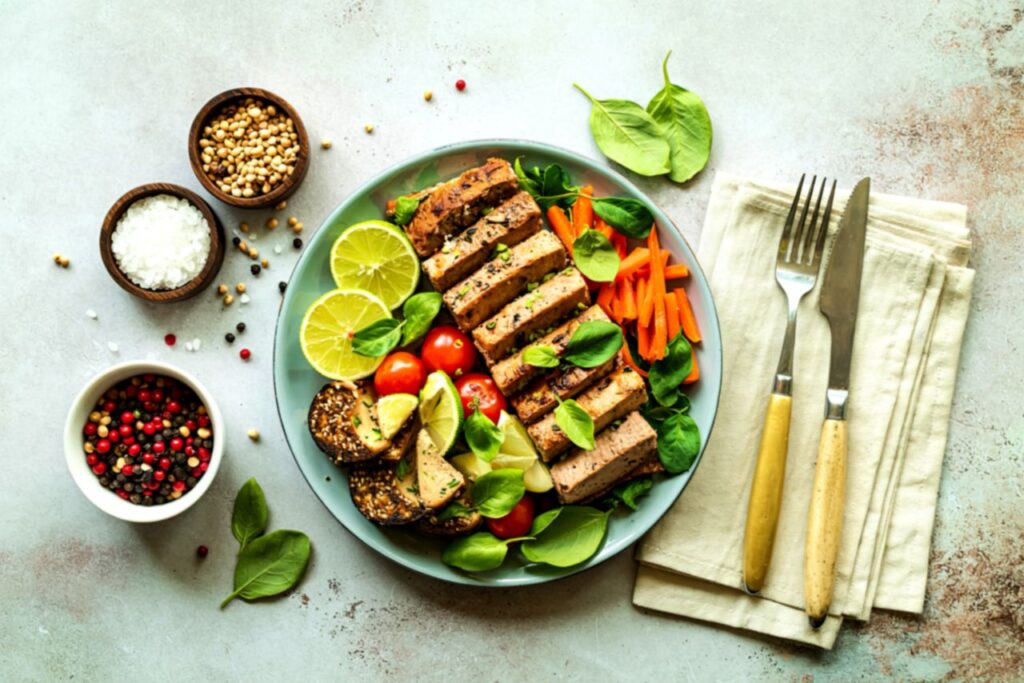
Protein intake per day, how much protein should I eat? How much protein should I have a day as a woman over 50? How much protein does women over 50 really need every day?
Why do women over 50 need extra protein to reduce weight, combat wrinkles, grow hair and nails, and build muscle?
One of the primary reasons women over 50 struggle to lose weight is a lack of protein. Yes, you may not be eating enough!
As women get older, their bodies change in many ways, such as losing muscle mass and bone density over time. This is why women over 50 need to eat enough protein to maintain muscle mass and bone health.
Protein is essential in our daily intake to keep our bodies moving and thriving. It is responsible for maintaining healthy hair, nails, skin and muscle mass, plus premature fine lines and wrinkles at bay!
The recommended daily intake sits at roughly 0.8g per kilo of body weight. So, if you weigh 60kgs, that’s about 48g of protein needed every day to maintain healthy bodily function.
However, this number is only indicative of a sedentary adult. So taking into account daily exercise, the protein intake needed increases significantly.
How Much of Protein is Enough?

You’re finding it hard to get enough protein, right? How much is enough? What foods contain protein? Which protein source is the best? What protein is best for vegans? We will get to that soon.
Almost everyone agrees that protein is good for our health in many ways that have been proven. Similarly, most of us are probably getting the bare minimum in our daily intake. Our health could benefit from a slight boost, particularly if we are working out every single day.
Protein stabilizes appetite levels by keeping us filled for longer. It helps us recuperate, build muscle, and enhance our metabolism.
Protein is what’s known as a “high-thermic” food, meaning it requires more energy from our bodies to metabolise and digest. It takes the body around 30% of the calories in protein to break it down and digest it. In other words, if weight loss is your goal, eating protein will help you get there.
For instance, 100g of chicken at 165 calories need 50 calories to digest! Protein can burn 100 calories a day, according to some research.
Strong muscles, improved metabolism, and faster recovery are all good for our bodies, especially for women over 50. These are quick ways to get more protein in your diet.
Protein Shakes

While definitely not suitable for every meal, a protein shake once or twice a day will ensure you are getting a pure protein hit of at least 20g.
Best of all, there is a protein powder to suit every diet type including whey protein (dairy), plant based protein and soy!
If the taste of protein turns you off, try adding a scoop of protein to a morning smoothie with unsweetened almond milk, blueberries, and a half banana.
Consuming this at breakfast time will help stave off hunger and cravings until lunch time, keeping you (and your tummy) satisfied and on track.
Protein Intake Per Day: How Much Protein Should You Eat?
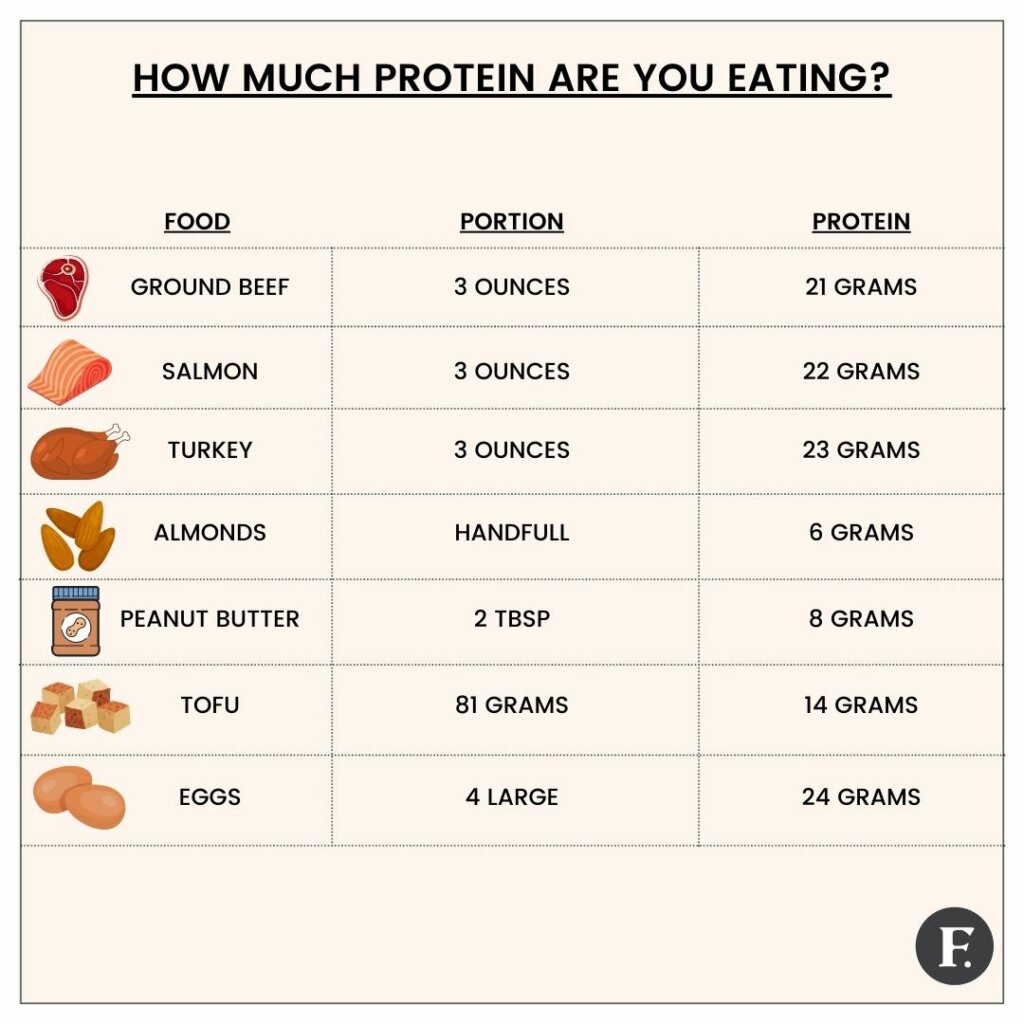
Including a serving of protein with each meal is a great way to boost your intake.
Studies show that including a serve of 20g – 30g of protein with each meal will help boost feelings of fullness and promote muscle mass retention.
3oz of cooked chicken breast constitutes roughly 26g of protein, so that combined with a serve of vegetables and you’re well on your way to hitting your daily nutrient intake.
To help you make healthy food choices, here is a list of protein rich foods and their rough protein portions.
Protein As a Snack

Snacks can be detrimental to our weight loss goals as we usually crave high sugar, high carb foods to munch on between meals.
Replacing these regular snack foods with protein rich treats will not only help us to feel full and satisfy the snack-itch but will also help contribute to our daily protein needs.
Try scooping a tablespoon of peanut butter on celery or apple slices for a delicious and nutritious snack to keep you going until dinner time.
So, How Much Protein A Day Should A Woman Have?
The daily protein intake needed for all of us is going to differ slightly; however, using these tips as a starting point is a great way to navigate the oftentimes murky waters of protein intake.
If you are living an extremely active lifestyle, your protein needs will be higher so it’s important to focus on incorporating some of the tips above.
If you’re living a relatively sedentary lifestyle, aim to include roughly 0.8g a day for every kilo of body weight. No matter your lifestyle, protein is needed to maintain a healthy body.
Remember, if you are not losing weight on your exercise program, and you are unhappy with your progress, look at your protein intake. Then, start experimenting with taking around 30g per meal, three times per day.
Test and record your results and share your progress.
FAQs: How Much Protein Women Over 50 Really Need Each Day
Why does protein become more important after 50?
Your body loses muscle faster in midlife, which slows metabolism and makes weight loss harder. Protein helps rebuild and protect that muscle so you stay strong, active, and energized.
How many grams of protein should a woman over 50 eat daily?
Most women over 50 need 1.0 to 1.2 grams of protein per kilogram of body weight each day. If you’re active or trying to lose weight, your needs may be higher.
Can eating more protein help with weight loss after 50?
Yes. Protein keeps you full longer, helps control cravings, and supports fat loss by maintaining muscle. Stronger muscles burn more calories even when you’re resting.
What are the best protein sources for women over 50?
Lean meats, fish, eggs, Greek yogurt, cottage cheese, tofu, beans, lentils, and high-quality protein powders are all excellent options. Aim for a mix of plant and animal sources.
Should I spread my protein intake throughout the day?
Yes. Your body absorbs and uses protein better when you split it across meals. Try adding 20 to 30 grams at breakfast, lunch, and dinner.
Is it possible to get too much protein?
It’s uncommon, but balance matters. Extremely high protein intake can strain your kidneys. Stay within your recommended range and choose whole, nutrient-dense foods.
Can protein help with menopause symptoms?
Protein supports stable blood sugar, better mood, and stronger muscles, which can ease fatigue, weight fluctuations, and overall hormonal stress during menopause.

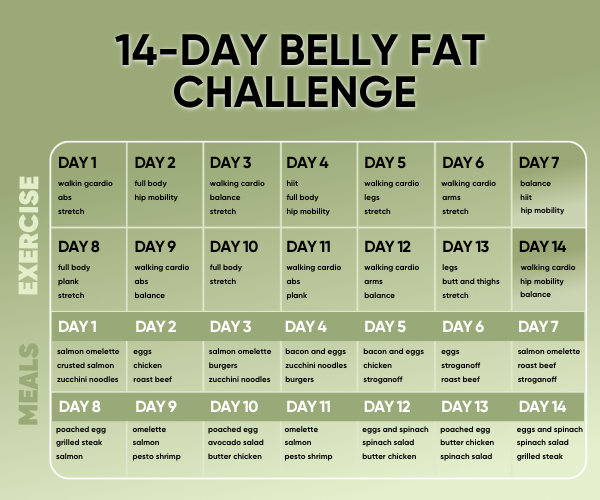
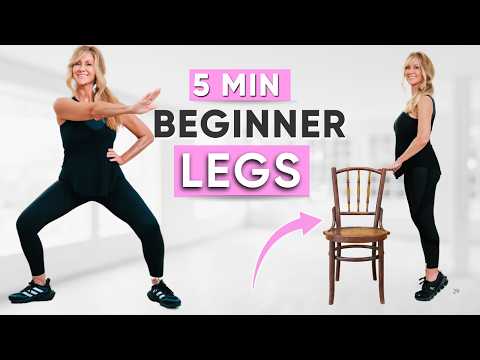



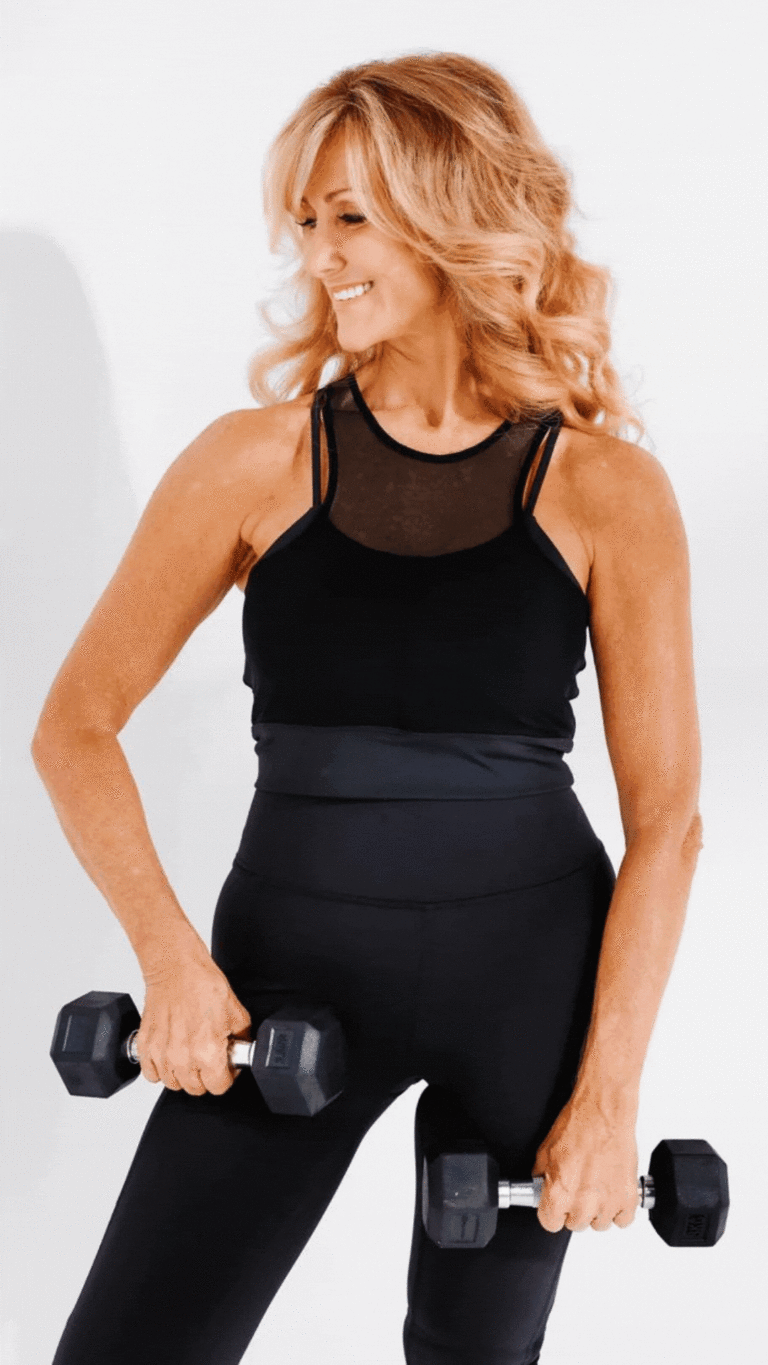




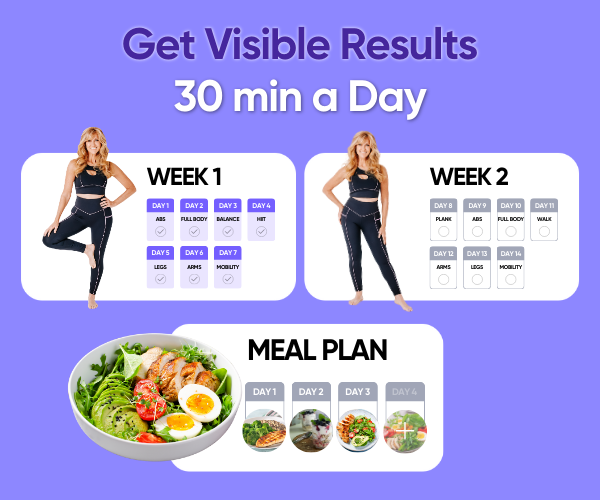
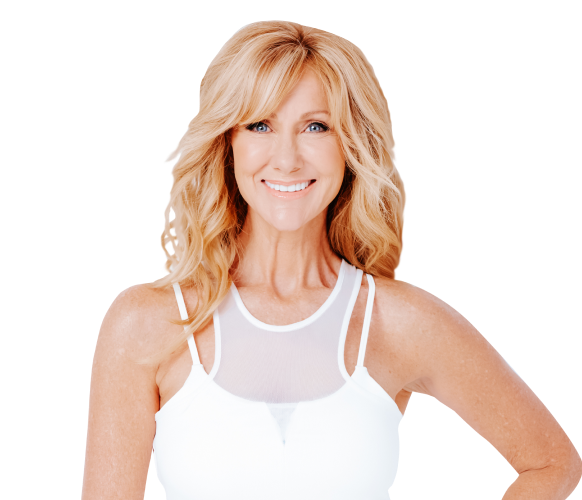
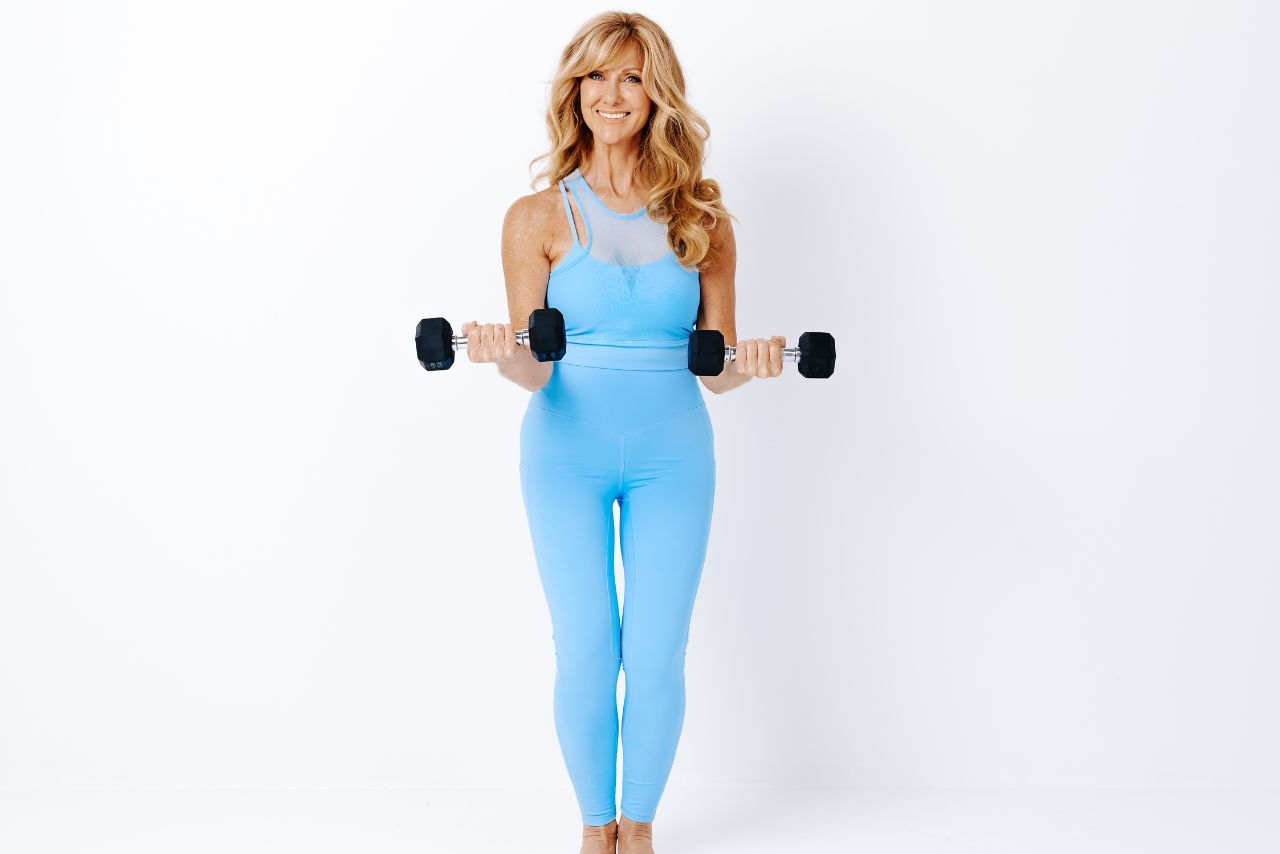
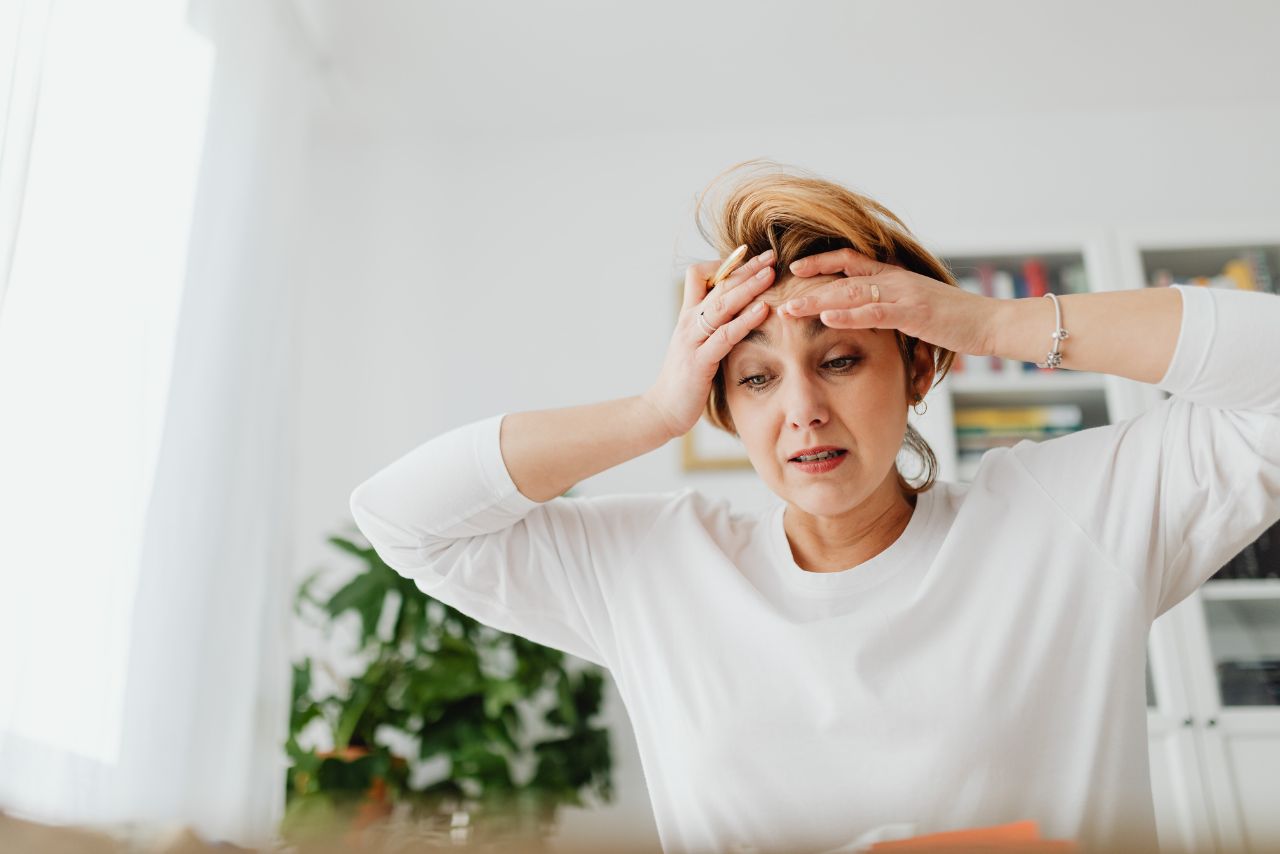
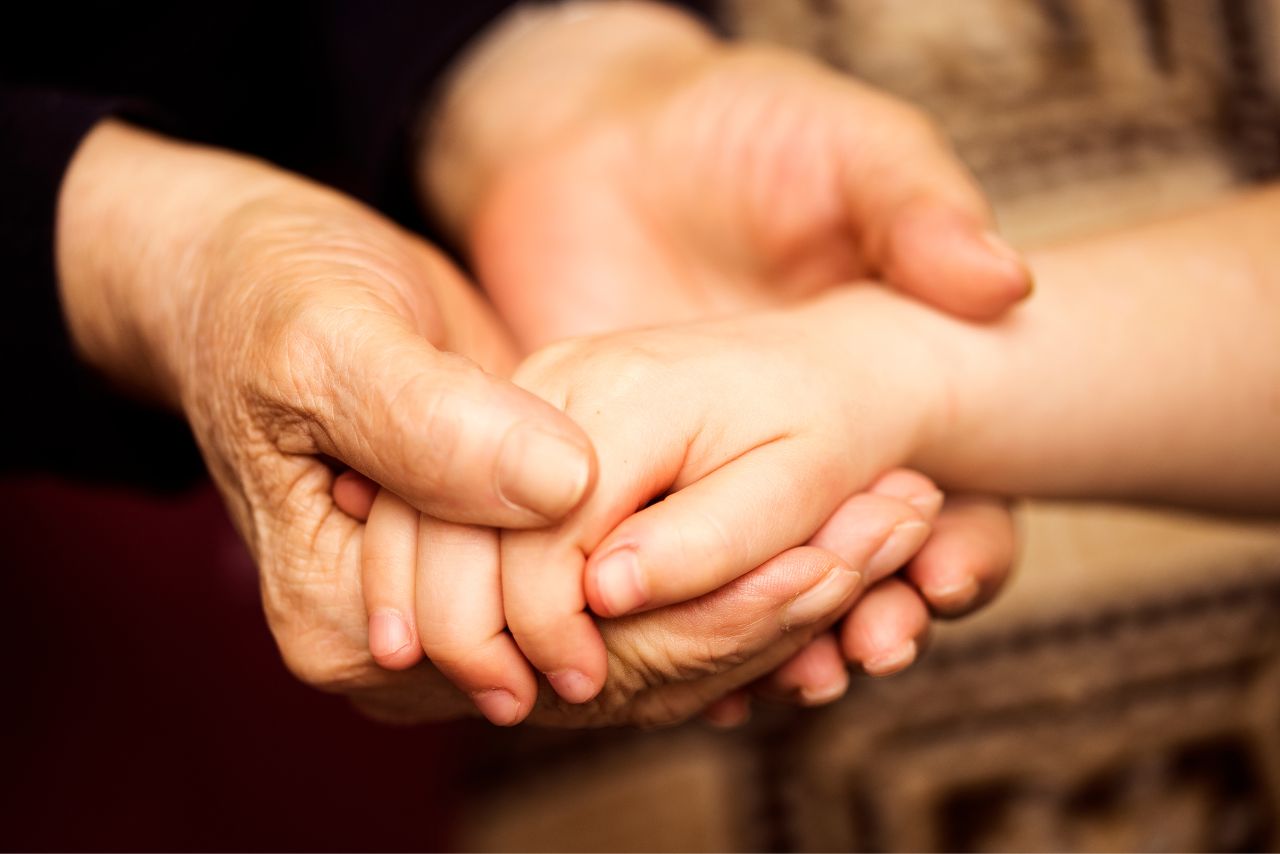

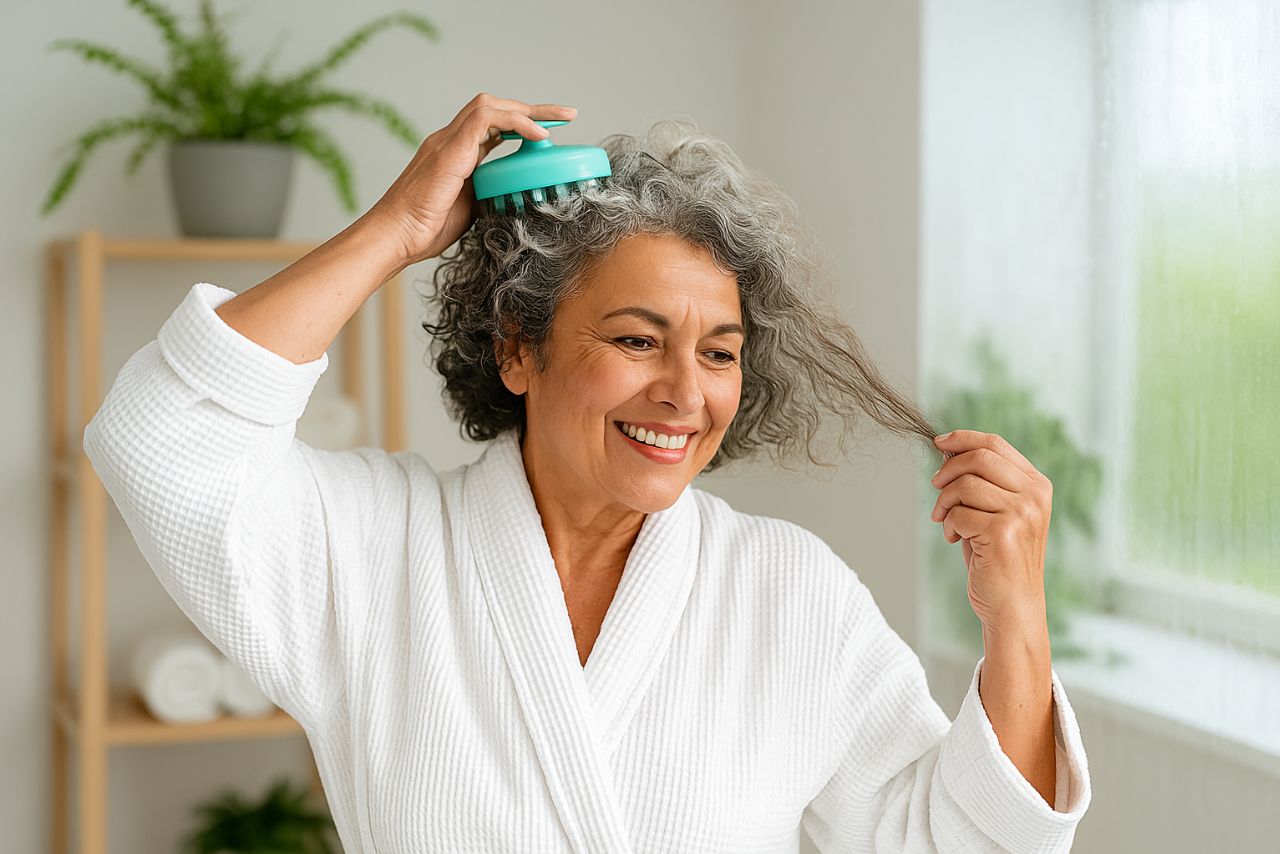



3 Responses
LOVE LOVE LOVE all of your videos!!!! Thank you so much
Hi Schellea, I’ve been following you for ages now – I hope you and your family are doing ok.
I’m just curious about the measurements above. If you are using grams to indicate the protein, why can’t you also use grams for the food? I’m Australian and we use only grams, and kilos. Are you able to also provide the food in grams as well? Or like you did with the almonds and peanut butter, write the approx, eg half a chicken breast? I don’t have scales so I have no idea how much any of that should be.
Loving your videos!
Because many of us are from the US where Imperial measurements are still in use, and the rest of us are from places where the metric system is used, it might be more universal to indicate portion sizes when possible with phrases like (“approximately 15 almonds”, or “approximately the area of an adult palm of the hand”, or even “a small handful”.